Reports of Chinese citizens from Chinese military-affiliated universities being denied visas to the United States indicate that the Biden administration is continuing a Trump-era policy regarding national security.
In September, both Chinese and U.S. media reported that a 23-year-old finance student at Washington University in St. Louis named Wang Ziwei said the United States revoked his student visa on security grounds.
Wang graduated from the Beijing Institute of Technology, which is identified by the U.S. government as affiliated with the Chinese communist regime’s military, the People’s Liberation Army (PLA).
An engineer surnamed Huang from a state-owned aircraft manufacturer said that his visa application for accompanying his wife who is studying in the United States was rejected. He revealed to Chinese media that he obtained both an engineering bachelor’s and master’s degrees from Harbin Institute of Technology, one of seven major Chinese universities—known as “Seven Sons of National Defense”—that are affiliated with the PLA and participates in military projects.
The seven universities are Beijing University of Aeronautics and Astronautics, Beijing Institute of Technology, Harbin Institute of Technology, Northwestern Polytechnical University, Nanjing University of Aeronautics and Astronautics, Nanjing University of Science and Technology, and Beijing University of Posts and Telecommunications.
Section 212(f) gives the U.S. president the power to deny entry of aliens or non-U.S. nationals who are deemed detrimental to the interests of the United States. Based on that statute, former President Donald Trump issued Proclamation 10043 on May 29, 2020, titled “Suspension of Entry as Nonimmigrants of Certain Students and Researchers From the People’s Republic of China,” in response to China’s espionage and technological theft, especially for military use through its researchers and students studying at American universities and research institutes.
The Trump administration also highlighted the potential for China’s military-civil fusion strategy to target U.S. tech innovations and acquire them through outright theft, intelligence gathering, and academic collaborations. The strategy mandate private Chinese companies and universities to collect intel for and participate in Chinese military technological development.
The Biden administration stated on April 27 that it would relax visa restrictions set by the Trump administration on Chinese and other countries’ students studying in the United States this fall. However, it continues visa restrictions for Chinese students from military-affiliated universities in China.
Chinese officials appealed to U.S. Deputy Secretary of State Wendy Sherman to drop the visa restrictions when she visited in July.
In response to Chinese opposition, the U.S. Embassy in Beijing said the policy is necessary to “protect U.S. national security interests” in a statement. The embassy added that more than 85,000 visas for Chinese students were approved within the past four months. “The numbers show clearly that the United States stands ready to issue visas to all those who are qualified—including Chinese students and scholars,” it said in the statement.
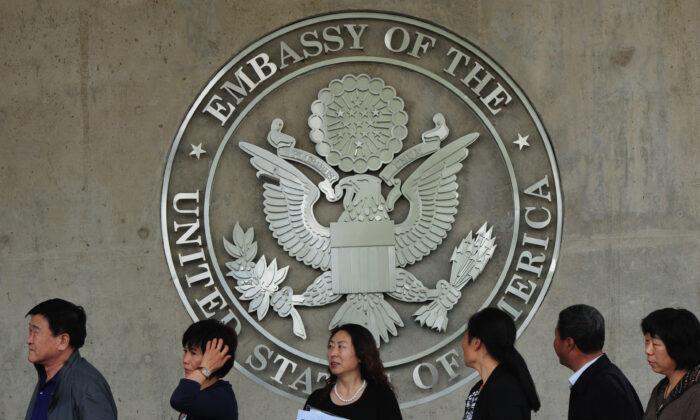
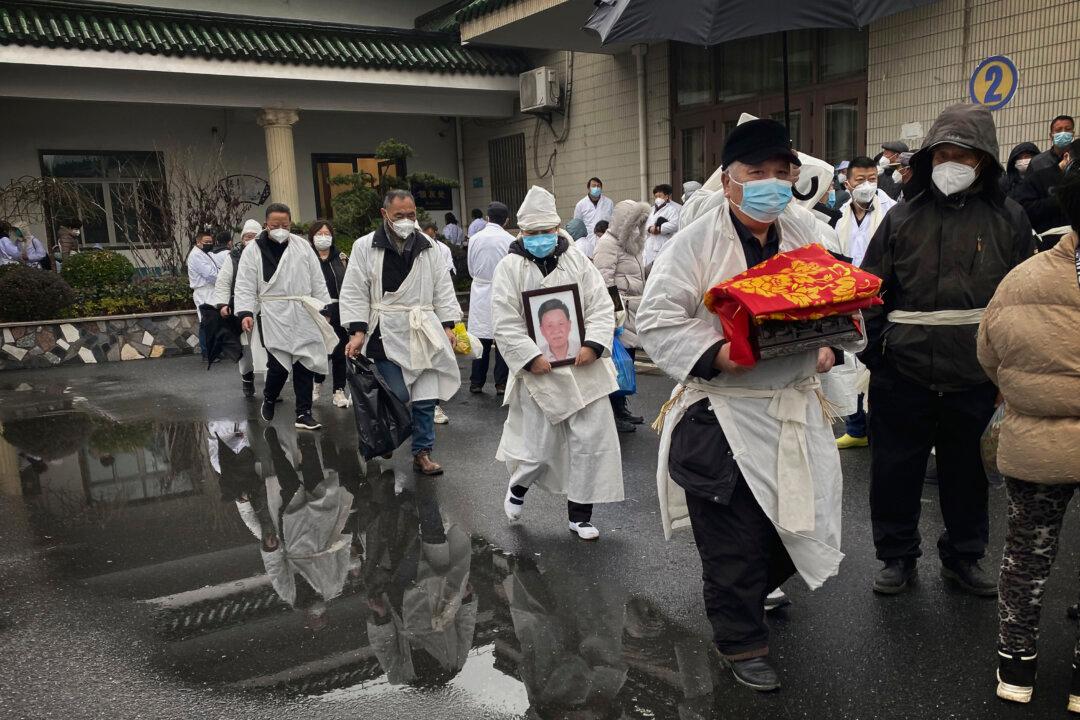
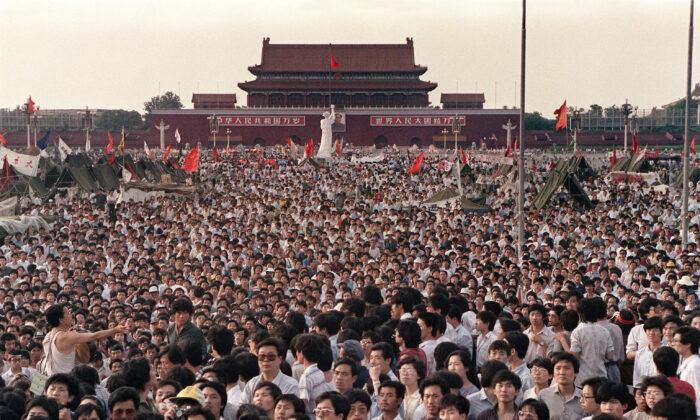
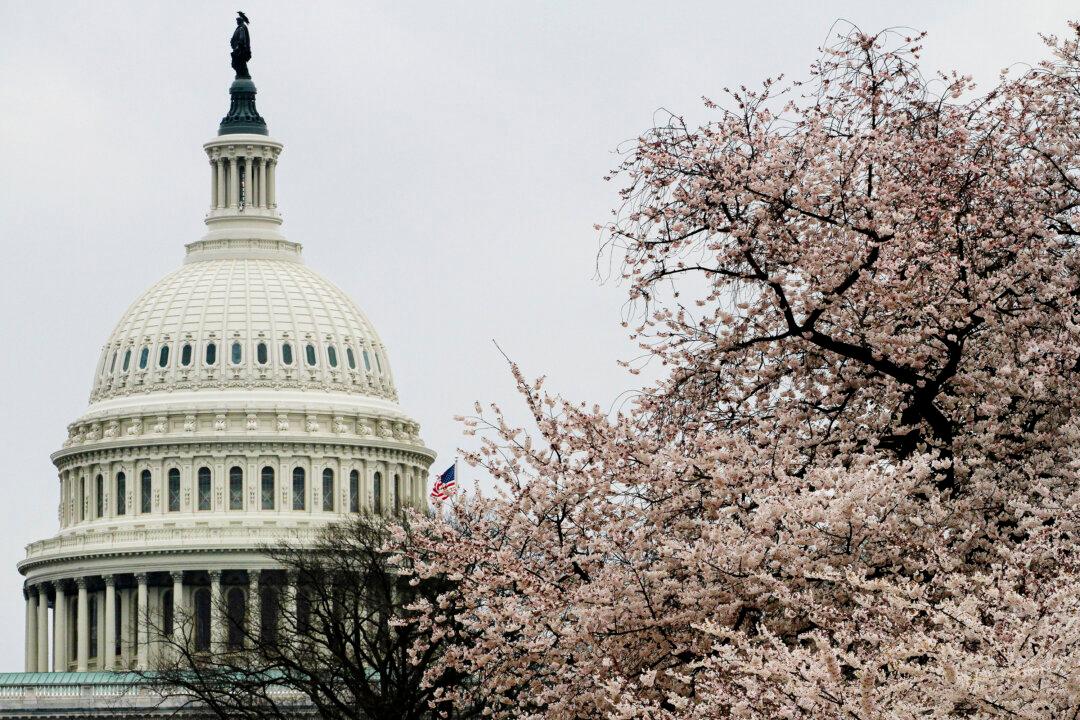
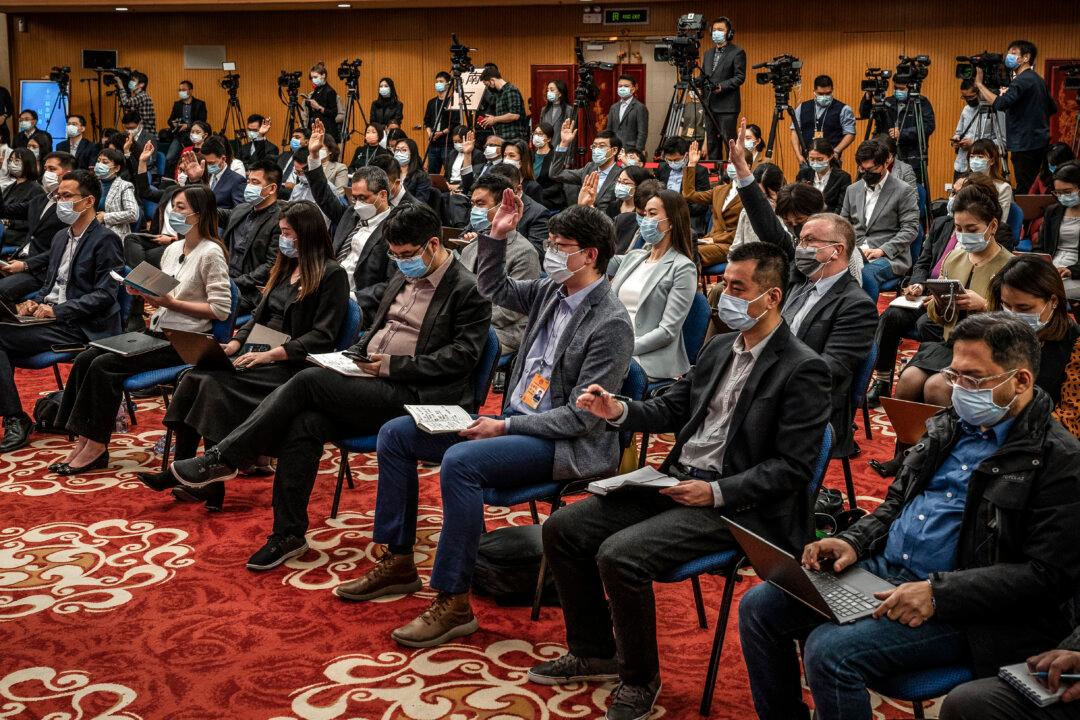
Friends Read Free